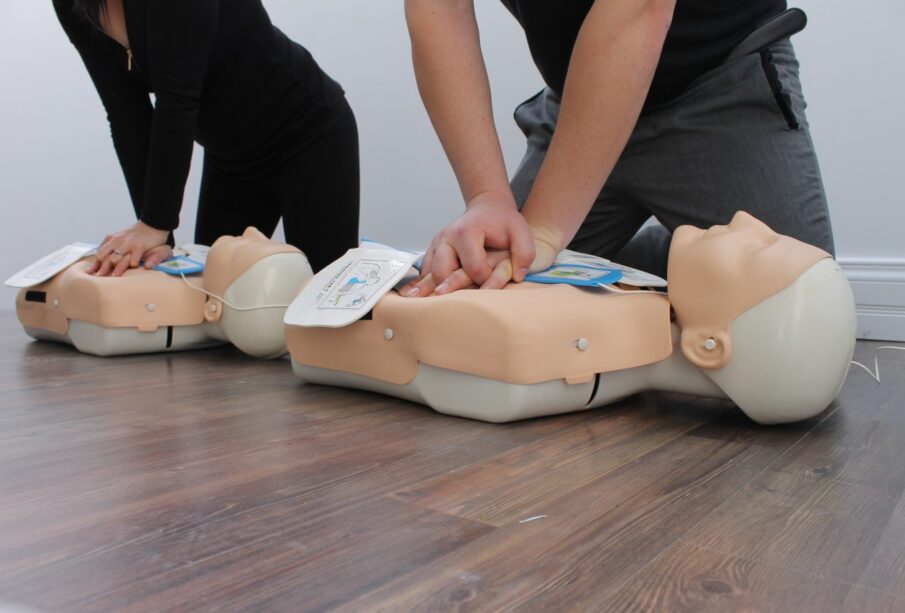Opioid-Related Harm Reduction: Insights from Premier Soins cours de secourisme

In the face of a growing opioid crisis, harm reduction strategies have emerged as vital components in combating opioid misuse and its associated risks. These strategies are pivotal not only for individuals directly affected by opioid addiction but also for communities striving to manage its impact. Central to these efforts are educational initiatives such as Premier Soins cours de secourisme (First Aid and CPR courses), which aim to equip individuals with the knowledge and skills necessary to respond effectively to opioid-related emergencies.
Understanding Opioid-Related Risks
Opioids, while effective for pain management, come with significant risk of dependency and overdose. The latter can lead to severe respiratory depression, a critical condition where breathing becomes dangerously slow or stops altogether, potentially resulting in death. This grave risk underscores the importance of widespread education on harm reduction techniques and emergency response measures.
The Role of Naloxone in Emergency Interventions
A cornerstone of opioid-related harm reduction is the administration of Naloxone, a life-saving medication that can reverse the effects of an opioid overdose. Training on how to administer Naloxone is a crucial element of comprehensive first aid courses, including “Premier Soins cours de secourisme.” These programs teach participants to recognize the signs of an overdose, perform rescue breathing, and administer Naloxone, thereby buying critical time for emergency services to arrive.
Prevention Through Education
Beyond emergency interventions, harm reduction encompasses a broad range of strategies aimed at minimizing the health, social, and economic consequences associated with drug use. Education plays a pivotal role in this context, offering guidance on safer drug use practices, promoting awareness of treatment options, and fostering a supportive environment for those affected by opioid misuse.
Courses like Premier Soins cours de secourisme provide essential knowledge not only on how to respond to overdose situations but also on how to prevent them. This includes understanding the importance of not using drugs alone, testing substances for potent synthetic opioids like fentanyl, and recognizing the value of seeking help for substance use disorders.
Conclusion
The opioid crisis represents a multifaceted challenge that requires a comprehensive approach, with harm reduction at its core. Initiatives such as first aid and CPR training courses are invaluable resources, equipping individuals with the tools necessary to save lives and support those grappling with addiction. By fostering a better understanding of opioid-related risks and emphasizing the importance of emergency preparedness, we can make significant strides in mitigating the devastating impact of this crisis on individuals and communities alike.















